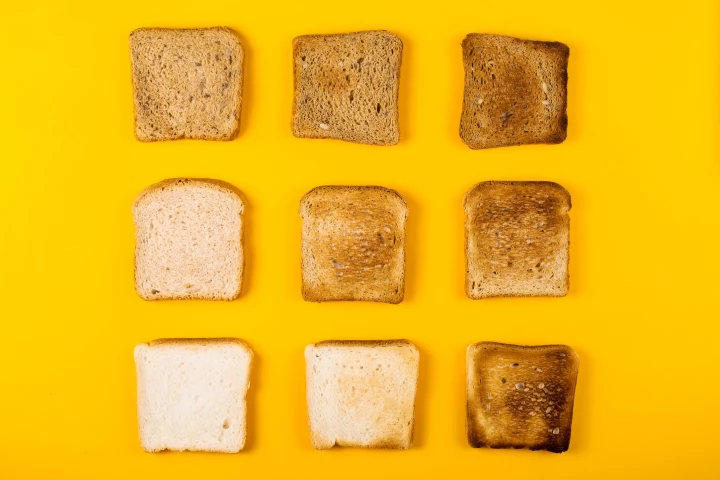Maastricht University
-
For years, millions of people have sworn that gluten makes them ill – even if they've returned negative results when tested for coeliac disease. Now, researchers have found that it's far more complicated, and gluten itself may not be the culprit.
-
Scientists have, for the first time, identified five distinct subtypes of Alzheimer’s disease, each with different neurodegenerative behaviors, survival rates and medical interventions. It could be a game-changer for research and therapeutic success.
-
Lifestyle interventions to treat or prevent type 2 diabetes and obesity are not the easiest changes. Now, a study suggests that a prescribed period of natural light during the day could significantly improve health markers, with little effort required.
-
A study into the effects of cannabis on driving in a real-world context has found CBD alone does not impair driving ability. The landmark finding promises to be invaluable in guiding road safety regulations as cannabis laws shift across the globe.
-
An incredible, first-of-its-kind trial testing the pain-killing properties of LSD microdoses has delivered the compelling suggestion that tiny, non-psychedelic doses of this infamous drug could serve as an effective analgesic.
-
Yoga practitioners know firsthand the physical and mental benefits the activity produces, as meditation is often embedded in yoga sessions. Now, yogis have got science to back their claims of well-being and focus.
-
On Monday, at a press conference in London, a lab-grown burger was served up for its first public tasting. The burger cost a cool €250,000 (about US$330,000) to produce and is intended to help find new ways to increase meat production while reducing pressure on the environment.






